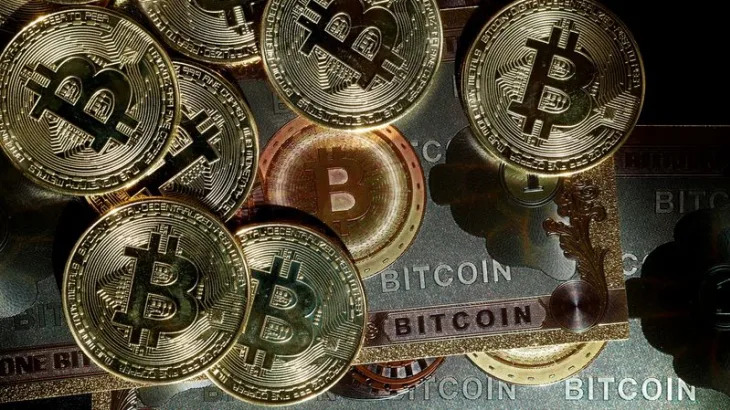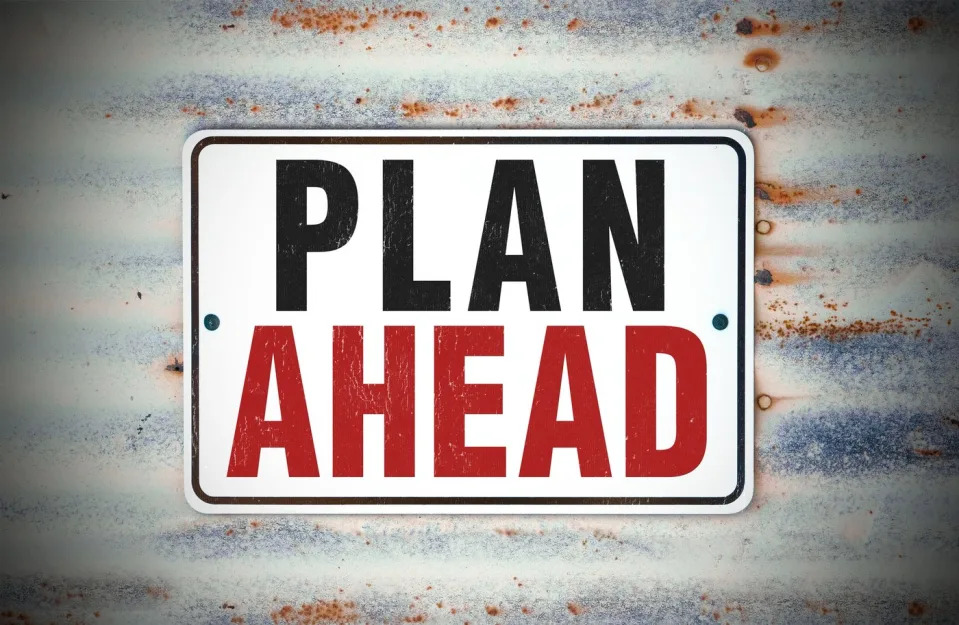(Bloomberg) -- Brazil’s annual inflation accelerated to the upper limit of the target range, dealing another blow to the central bank as it works to contain price pressures spreading throughout Latin America’s biggest economy.
Official data released Friday showed prices increased 4.5% in July from a year earlier, just above the 4.47% median estimate from analysts in a Bloomberg survey. On the month, inflation stood at 0.38%.
Swap rates on the contract due in January 2026, which are a gauge of market sentiment toward monetary policy at the end of next year, jumped 12 basis points in Friday trading after the faster-than-expected inflation reading.
Policymakers are keeping the benchmark Selic in double digits to contend with a bleak outlook, with inflation seen remaining above the 3% target through at least 2027. Prices are being pushed up by stubborn service costs, a slide in the value of Brazil’s currency — the real — as well as a jump in transportation fees.
Central bank board member Gabriel Galipolo said late Thursday that the monetary authority will do what’s necessary to tame cost-of-living rises, indicating that there at could be a long slog of high borrowing costs ahead.
In July, Brazil’s state-controlled oil company Petroleo Brasileiro SA, which sets many wholesale fuel costs, hiked prices at the pump for the first time in nearly a year. The decision came in response to rising global oil prices.
The month’s major inflation contributors included transportation costs that climbed 1.82%, driven by a spike in airfares and more expensive gasoline, and a 0.77% gain in housing prices due to higher utility fees.
On the other hand, food and beverage prices, which have grated on consumers for much of the year, fell 1% on the month, the statistics agency said.
President Luiz Inacio Lula da Silva is still struggling to ease investor concern over weakening public accounts. The government committed to freezing 15 billion reais ($2.7 billion) from this year’s budget to meet its 2024 fiscal target, but it failed to stem the real from depreciating further in recent weeks, making it one of the worst performing currencies in emerging markets since January.
The currency drop, coupled with worsening inflation forecasts, has led the central bank to begin to consider raising rates, marking a change in guidance that comes barely a month after it paused a year-long easing cycle.
--With assistance from Giovanna Serafim.
(Recasts lede, adds market impact and inflation details starting in third paragraph)





